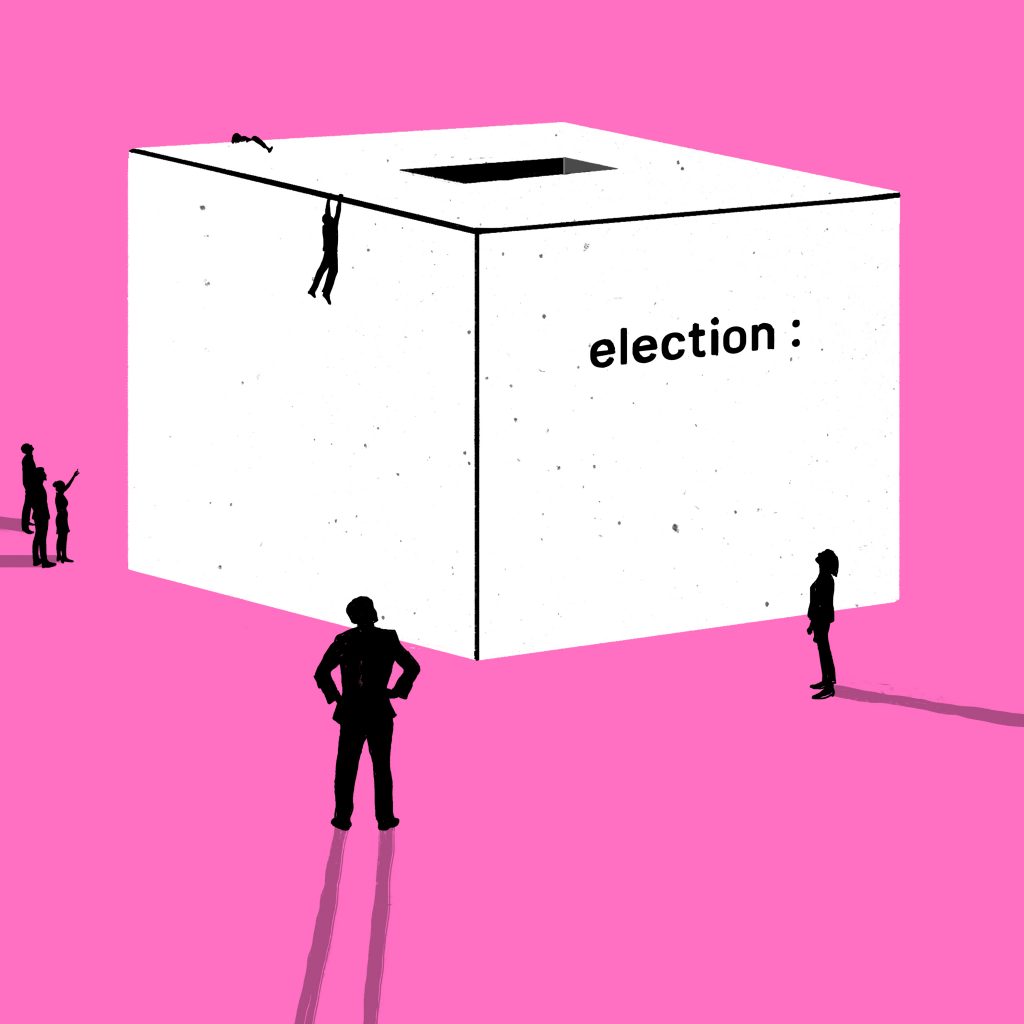
Unlike other East European countries, Serbia’s main transitional challenges since Slobodan Milošević’s overthrow in 2000 remain overshadowed by the legacy of war in the 1990s in former Yugoslavia, which Serbian society failed to deal with. After the end of the wars, the denial of war crimes became a strong force in generating new divisions and affecting the way politics in Serbia is understood, so that patriotism, territorial disputes, and war crimes, which have dominated public narratives in Serbia since 2000. The ensuing political debates and electoral campaigns have thus not adequately focalized building independent institutions, separating legislative, executive, and juridical powers, transforming a planned centralized economy into a free market economy, or combatting existing poverty through improving social programs, healthcare, or educational reforms. In 2000, Serbia’s leading reformist and pro-European politician Zoran Đinđić led the Democratic Opposition of Serbia (DOS)—a big tent coalition of 18 parties, all of different political backgrounds—in its successful overthrow of authoritarian president and war criminal Slobodan Milošević, leader of the left-wing nationalist Socialist Party of Serbia (SPS) and president of Serbia/Yugoslavia (1987–2000). Following this, Đinđić, co-founder and president of Serbia’s Democratic Party (DS), the main non-nationalist, socially liberal opposition party to Milošević throughout the 1990s, became prime minister and Vojislav Koštunica, leader of the national-conservative Democrcatic Party of Serbia (DSS), became president. Đinđić hoped to reform and modernize Serbia from his position as prime minister, but his efforts faced strong obstruction from newly elected president Koštunica. Đinđić was assassinated in 2003 and Koštunica became the new prime minister soon after.

